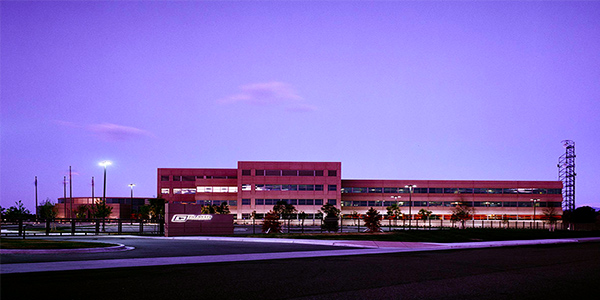FERC last week accepted Tri-State Generation and Transmission Association’s Tariff modifications to its large generator and small generation interconnection procedures (LGIP, SGIP) and its proposed queue reform, effective Jan. 13 (ER21-410).
The commission directed Tri-State to make a compliance filing aligning its reform proposal with the requirements of Order 845. FERC ruled in December that Tri-State was in partial compliance with the order, designed to increase the GI process’ transparency and speed. (See “Tri-State Order 845 Compliance Lacking,” SPP FERC Order Briefs.)
In October, the commission rejected Tri-State’s proposal to transition to a clustered first-ready, first-served interconnection process, saying the approach would help address the G&T’s queue backlog, but that the proposed revisions were not consistent with or superior to the pro forma LGIP.
This time, FERC said in its Jan. 12 order that Tri-State had “sufficiently justified” its proposal. The commission said a transition from a serial first-come, first-served approach to a clustered first-ready, first-served approach “should allow ready projects to proceed on a more accelerated basis while allowing less-developed projects access to early information.”
Tri-State said it worked with stakeholders to implement FERC’s guidance in its October order. It said that with only a few exceptions, its proposal was identical to queue-reform provisions the commission previously accepted for Tri-State’s neighbors Public Service Company of New Mexico, Public Service Company of Colorado and PacifiCorp.
The association’s proposal established two distinct study processes: an informational interconnection study and a definitive interconnection study. Tri-State said the informational study will decrease the likelihood that early-stage projects will enter the definitive process to assess their viability, while also improving the chances that viable projects will enter the process.
FERC found unpersuasive Invenergy’s argument that interconnection customers’ ability to sink outside of Tri-State’s system negates its justification for improving the queue process’ efficiency.
The commission determined that Tri-State’s proposal to allocate network upgrade costs using a distribution factor analysis is consistent with or superior to the pro forma LGIP. It noted the analysis was developed in consultation with stakeholders and that Tri-State had shown the proposal will allocate upgrade costs to the interconnection customers responsible for triggering the upgrades.
Commissioners Richard Glick and Allison Clements concurred with the decision but expressed separately their concern whether Tri-State’s revised 60-day timeline to meet the transitional procedure’s commercial readiness requirements provide “sufficient time for interconnection customers to meet the requirements.”
They noted that two of the three readiness requirements involve interconnection customers finding a buyer of either resource supply or the entire project within 60 days of the order.
“This window of time could prove to be challenging because Tri-State and its members have been wrapped up in Tri-State’s jurisdictional change for more than a year, with several related proceedings still pending before the Commission,” they wrote. “It is possible Tri-State’s window for readiness demonstration may not fully accommodate the current situation created by Tri-State’s pursuit of commission jurisdiction.”
Tri-State applied for FERC jurisdiction in 2019, saying that it would allow the company to advance member flexibility for more self-supply and local renewable energy development. The commission approved and affirmed the request last year. (See FERC Affirms its Jurisdiction over Tri-State G&T.)





